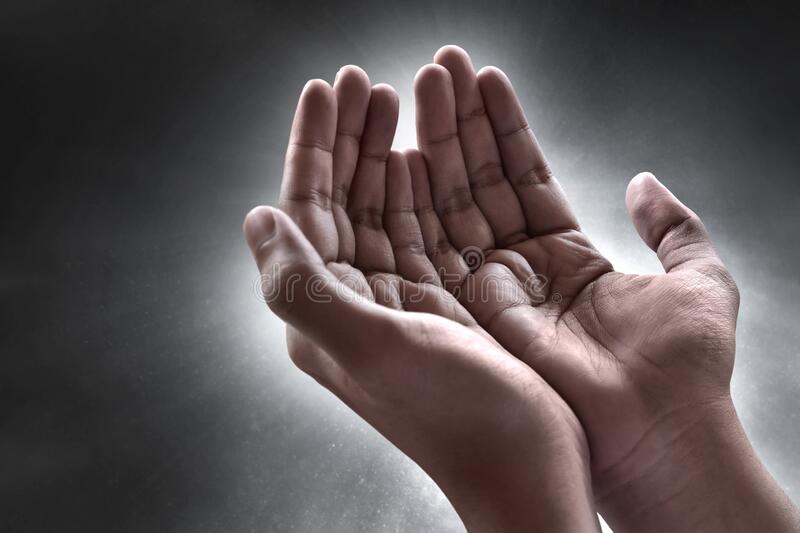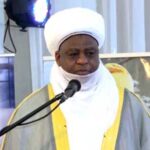By Huzaifa Jega
Apparently, Christian views of Islam have been shaped, transmitted and perpetuated since the seventh century, sometimes through direct encounter but also, especially for those who do not interact routinely with Muslims, through polemical and apologetic literature. Islam is viewed by some Christians as inherently intolerant, violent and menacing. The geopolitical face-off between the West and mostly Middle Eastern non-state actors is not helping matters especially since the assessments for actions and responses from both parties are done across-board on the basis of the same principles. This blanket profile has in many respects presented a misleading picture of Islam and Muslims to those who do not have a first-hand experience of what Islam and Muslims are about.
Again, Christians also tend to assume that Islam is monolithic – the same in Nigeria and in Pakistan. In fact, both historical and contemporary Islam present considerable diversity in theological, philosophical and legal schools of thought. In addition, the rich texture of piety results in a religious community which is far from homogeneous. History, political structures and minority/majority composition of religious communities are all factors which need to be considered as part of any attempt to understand Islam in any given context.
Still, while Islam is no more uniform than Christianity, there are strong common convictions affirmed by all Muslims. Islamic belief takes its cue from the fundamental conviction that God is the source of all life and of everything that exists. Traditionally, Muslims call God by 99 Beautiful Names, which describe God’s particular qualities and attributes.
The uncompromising belief in God’s one-ness results in Islam’s rejection of any concept of plurality in God and in fierce opposition to honouring as divine anyone or anything other than God. God’s Sovereignty implies God’s absolute Lordship over creation – as well as God’s Omnipotence and Omniscience. God’s Sovereignty embraces everything. That God is Just means that God desires the human being – whom God has appointed His viceroy on earth – to know and to do God’s will. Because God is Merciful, God has ensured, by sending a succession of messengers, that all people know God’s will. Thus Islam teaches that from the very beginning of history, God has revealed god’s will to humanity.
The great prophets, many of whom are the great figures of the Bible – Adam, Noah, Enoch, Abraham, Moses, Solomon, John the Baptist and Christ Jesus Son of the Virgin Mary – all brought essentially the same message, the culmination of which is the ultimate advent of Muhammad as the final Prophet of God, confirming and validating the messages of all earlier prophets and entrusting him with the Qur’an, the literal, complete, perfect revelation of God’s message and will. Consequently, Islam claims to be at one and the same time both universal and particular. Every child born into the world is by nature a “Muslim”, for Islam is held to be the primordial and natural religion.
In the Qur’an, figures like Abraham, Jesus and his disciples, who lived before Muhammad, are called “Muslims”. In this sense, “Muslims” means those who fully surrender themselves to accepting and carrying out God’s will, in distinction from the normal use of the term referring to a member of the Islamic community.
The Islamic message is addressed to all human beings. Islam calls all people to recognise the Qur’an as God’s final revelation and to acknowledge the significance of Muhammad’s life as an exemplary source of guidance. From the earliest times, faithful Muslims have endeavored to preserve the accounts of the words and deeds of their prophet known as the Hadith.
Basing their view on the Qur’anic statement that God has never left any people without a prophet, many Muslims recognise a certain validity for other religions. Normally, Muslims consider it more desirable for people to be Muslims, but they affirm the Qur’anic dictum that “there shall be no compulsion in religious matters” and that people of faith should “compete with one another in good works”, trusting that in the end the Merciful and Just God will tell us the truth “about that which you have been differing”. The Qur’an also affirms that Christians and Jews worship the same God whom Muslims worship. In fact, there are many explicit references in the Qur’an to Jews and Christians, who, with the Sabeans, are called “people of the book”. Some references pass negative judgments but several form the basis of the traditional Islamic view that “peoples of the book” do not need to embrace Islam.
There are many points of convergence between Christian and Islamic beliefs – both understand God as Creator and Sustainer, as Just and Merciful, as a God who reveals His word and who will call people to account for their stewardship over creation. Both communities of faith stress the centrality of prayer, and share common values and ideals such as the search for justice in society, providing for people in need, love for one’s neighbour and living together in peace. Both Muslims and Christians often fail to recognise these points of convergence because they tend to see themselves in terms of the ideal and the other in terms of the actual.
But as the future dawns and the world coalesces ever increasingly into a tightly-knit global community, both sides will need to change their traditional notions of the other side to be in conformity with not only purely humanistic ideals but in fact, to conform to the values and principles advocated by their own religions both implicitly and explicitly.
Jega, a management consultant, wrote from Abuja

 Join Daily Trust WhatsApp Community For Quick Access To News and Happenings Around You.
Join Daily Trust WhatsApp Community For Quick Access To News and Happenings Around You.


